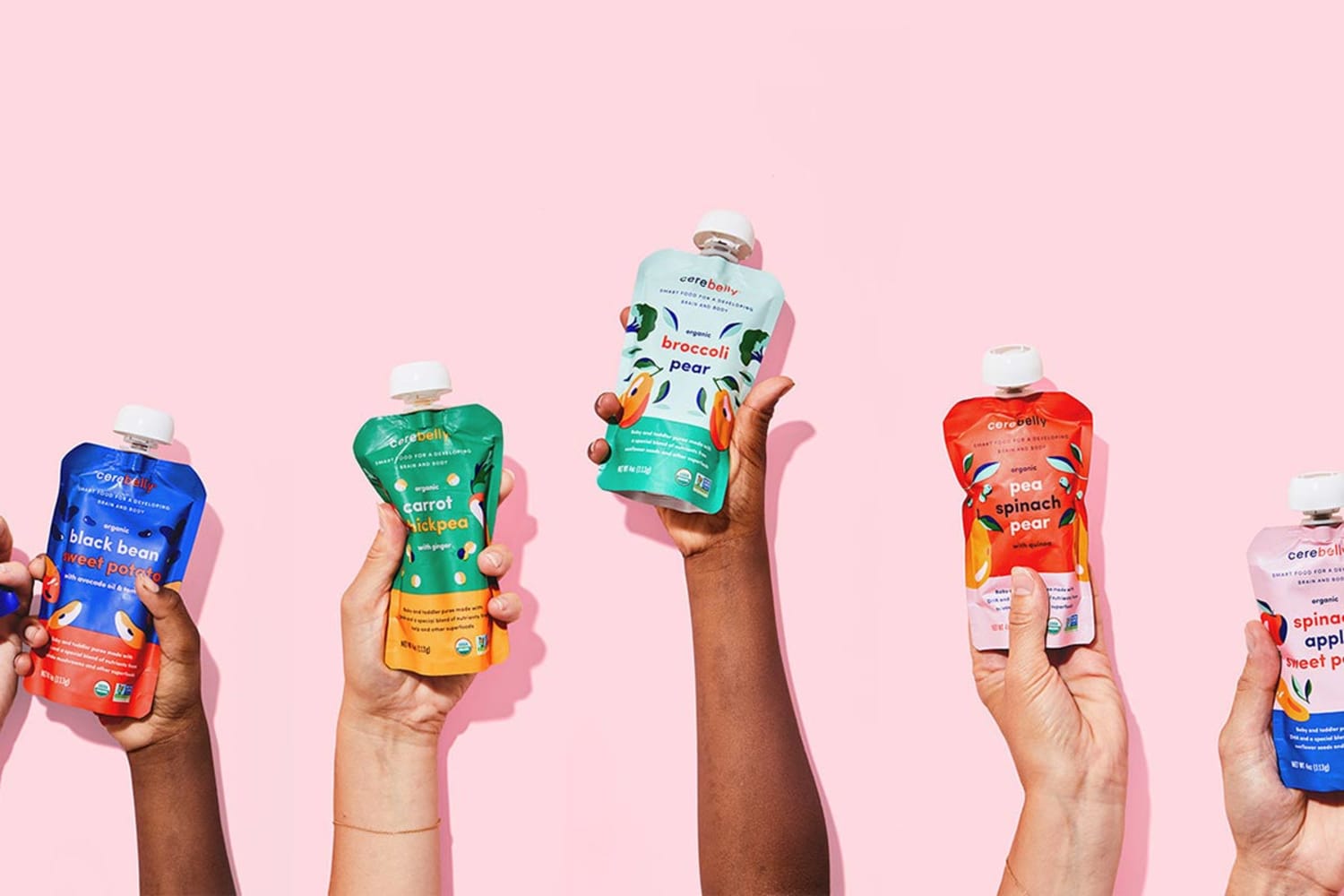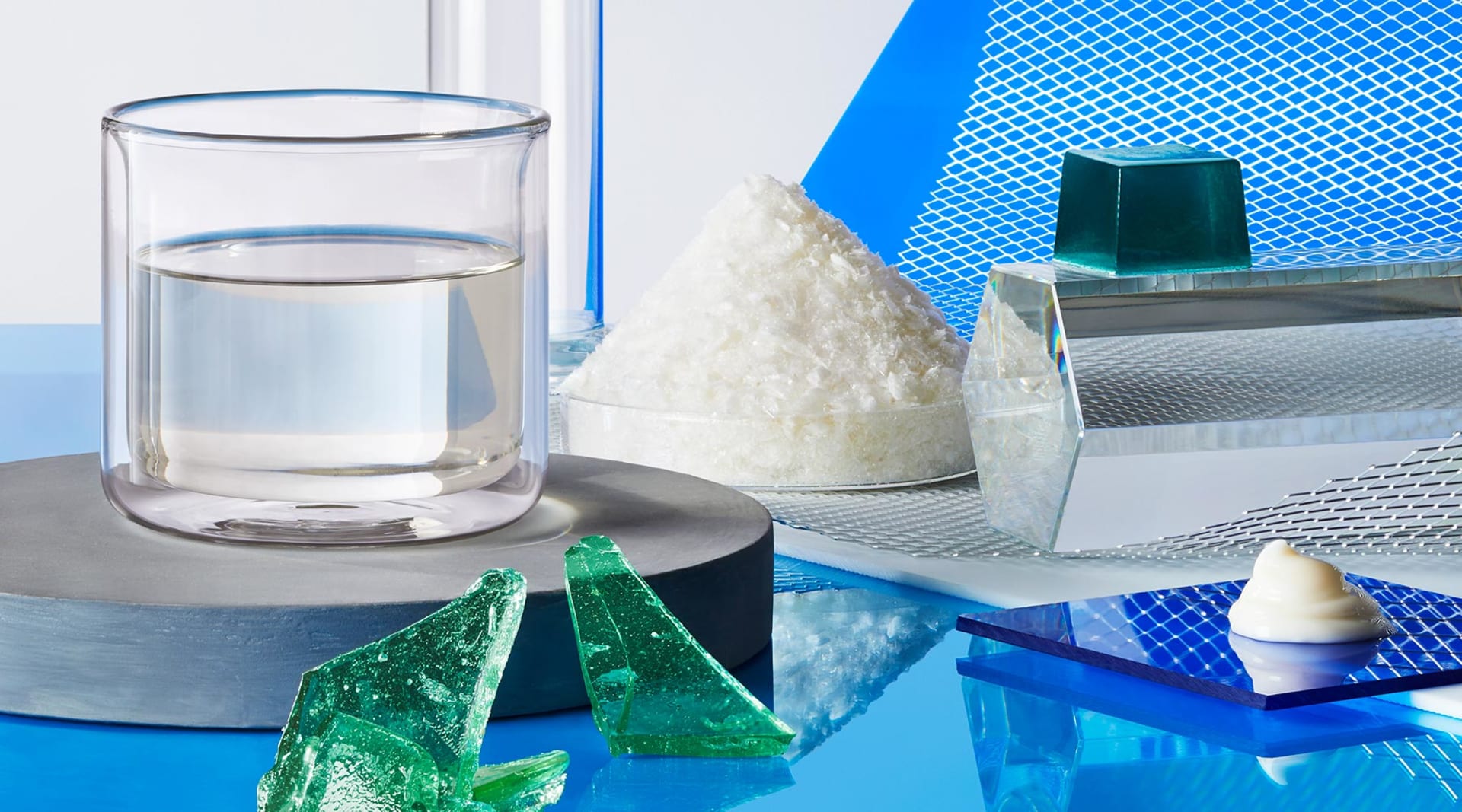A heightened focus on health is reshuffling the hierarchy of consumer priorities. In the wake of a global pandemic, consumers are putting more stock in medically and scientifically endorsed offerings. 89% of Americans put their trust in medical scientists, and those reporting a great deal of confidence in medical scientists has gone up from 35% before the outbreak to 43% in April, according to findings from Pew Research Center. Now, brands are harnessing that trust by enlisting medical professionals and spotlighting scientific credentials.
From baby food to beauty, demand for science-backed brands is on the rise.

In August 2020, Cerebelly, the baby food brand created by a neurosurgeon to help support early childhood brain development, announced that it would now be stocked in Target, rolling out in 1,500 stores across the US. The expansion reflects a rapidly growing demand; the company has seen a 1,000% growth in revenue since launching in October 2019, with a pouch sold every 15 seconds in 2020 as of August 5.

Kenshō Health is a directory and information service that merges science and holistic medicine. Publicly launched in January 2020 after a private beta run at the end of last year, the platform positions itself as “the antithesis of Goop,” bringing scientific rigor to the pseudoscience of wellness.
“Conventional medicine wants to play with holistic medicine, but there’s a lack of connection. Our goal is to provide that connection,” Kenshō Health cofounder and CEO Krista Berlincourt told TechCrunch. “What we are creating is less of a consumer magazine,” she explained, contrasting their methodology to that of Goop. “We are a holistic health platform that approaches things as more of a holistic health medical journal—everything is backed by science.”


Existing brands are also leaning into science-backed offerings. In May, skincare industry darling Augustinus Bader—named for the stem cell and biomedical scientist behind the product formulas—released a new hand cream created with proprietary molecules to help counteract dryness from over-washing. The brand’s patented TFC8 technology is made of amino acids, vitamins, and “synthesized versions of molecules found naturally in skin.” This follows a wave of skintellectualism in the beauty industry, which has seen skincare devotees turning to experts in scientific fields—from MIT graduates to Nobel laureates in chemistry—to deliver technical, precise products.
“Consumers want proven performance benefits, and certainly post-pandemic, we will be seeing an increase in clinical, science-backed brands that can evidence claims,” Jenni Middleton, director of beauty at WGSN, told Vogue, explaining that “consumers have gotten used to hearing from, and trusting the opinions of, medical experts during this crisis.”
Health-forward products are an increasingly attractive option for consumers who find comfort in antiviral protection. As trust in medical and scientific professionals grows and brands across categories realign themselves as health brands, expect to see a rising emphasis on science-backed products.
Please provide your contact information to continue.
Related Content

Ford Ranger Ranger Campaign

